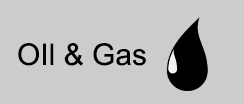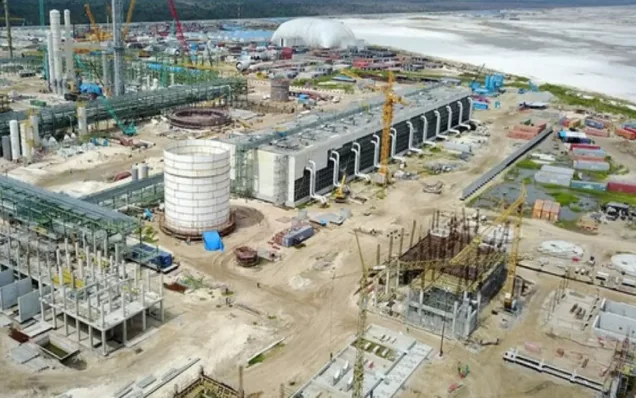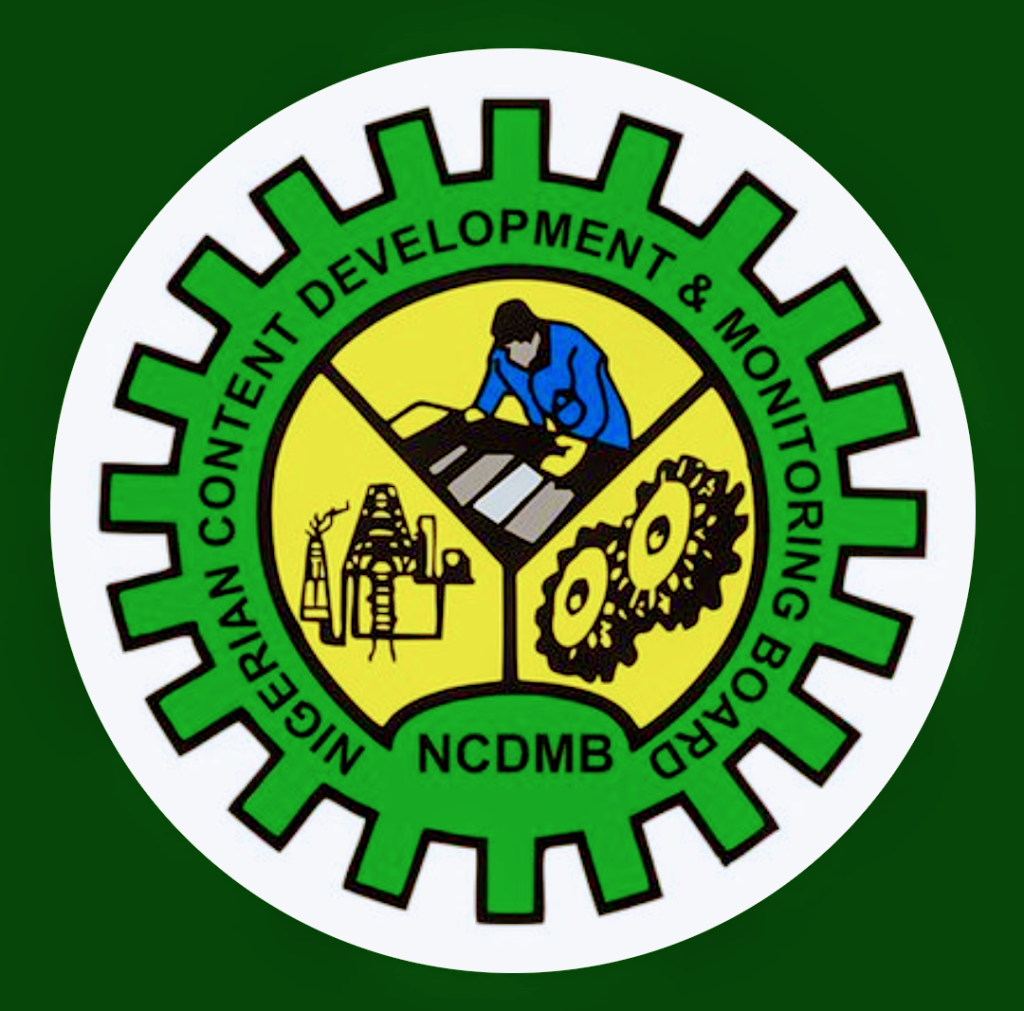Experts on Economy say the way forward for Nigeria in 2019 is to focus on post oil economy, build infrastructure and reduce cost of governance to revamp the nation’s economy.
Mrs Lolade Adesola, Mr Samson Olalere and Mr Raji Rasaki, who are economic experts, gave the advice in separate interviews with the News Agency of Nigeria (NAN) in Ibadan on Tuesday.
Adesola said there was need for adjustments across board so that the country could cope well under the present economic realities of low revenue and high debt servicing.
“The reality is that our revenue is not growing and the price of crude oil is below 50 dollars per barrel. The bottom line is that the 2019 budget is lower than that of 2018; the total amount of the budget is the size of South Africa’s budget for education.
“The revenue the country made in 2018 when crude oil was sold for 70 dollars is not realistic in 2019, so there is need for creative people in government to begin to think about ways to raise money to finance the budget because we have the largest economy in the whole of Africa.
“We need to focus on import substitution for our agricultural produces and export processed products instead of raw materials. This will fetch us more revenue.
“For instance, we need to develop our dairy business; people who are into milk production in the country have none of that milk produced in Nigeria; they import milk and just package it into tins, meanwhile we have cows in Nigeria,” she said.
Adesola, further stressed the need to improve on the revenue generation as the deficit in the 2019 budget was higher than what was expected.
“The recurrent expenditure is 45 per cent, meaning we will be borrowing to pay salaries and then there is a clamor for increase in minimum wage. Borrowing to pay salaries itself is a political exigency which is not best economic solutions.
“Salary increase should only be for people at the bottom so they can earn a decent living. It should not be for people at the middle or at the top.
“Lip service to agriculture and showmanship will lead us nowhere; we need to improve on agriculture as well as construct rural roads because we still have produces perishing in the farms,” she said.
The economist, however, said there was need to reduce the size of the government to save cost of governance and find other ways to increase revenue.
Rasaki, in his submission, said infrastructure development was key as well as creating conducive environment for foreign investors to boost the economy.
“When we put infrastructure,in place, we will have the influx of foreign investors; in the past, the cost of running business via power in Nigeria killed most of the manufacturing businesses.
“But now that we have improved on power generation and distribution, a lot of companies are showing interest in coming back; government can give tax holiday to direct foreign investors, especially those that are creating jobs and those that source for raw materials locally for production.
“Any manufacturing company that is looking inward or that wants to engage local farmers in production of its raw materials should be encouraged through tax exemption,” rasaki said.
Olalere, however, said that the country’s focus should be on post oil economy, considering the situation in the oil market globally.
“For the leadership of this nation to take it to the next level, we must be thinking of what happens after oil fails in the global market and so we must think about human capital development.
“We have so many resources untapped in this nation, the tourism sector and others are waiting to be explored. In the next five to 10 years, crude oil will become irrelevant as far as the world market is concerned; new inventions that require non-oil usage are gaining ground,” olalere said.
Olalere enjoined all to do away with partisan politics and seek ways to build the nation’s economy as well as engage experts in the relevant field to forge clear paths for the nation’s growth.














